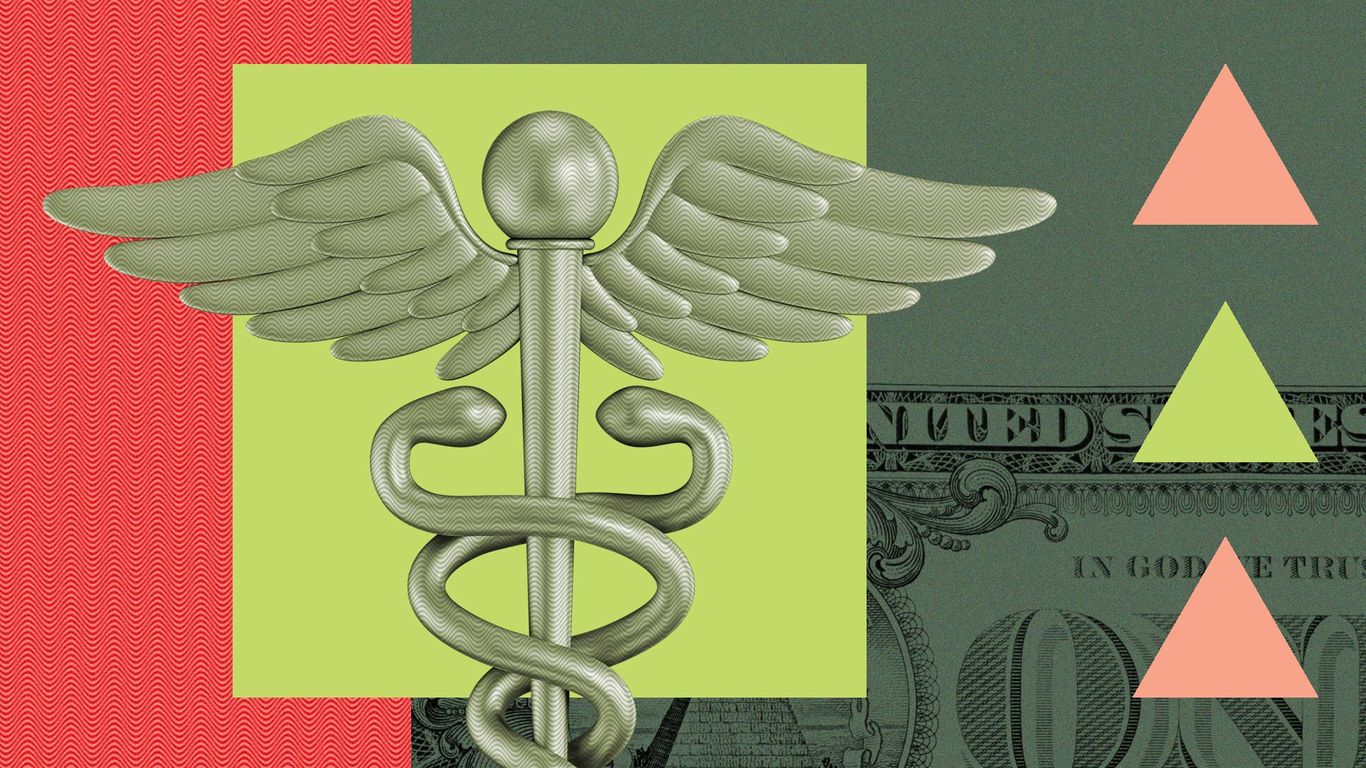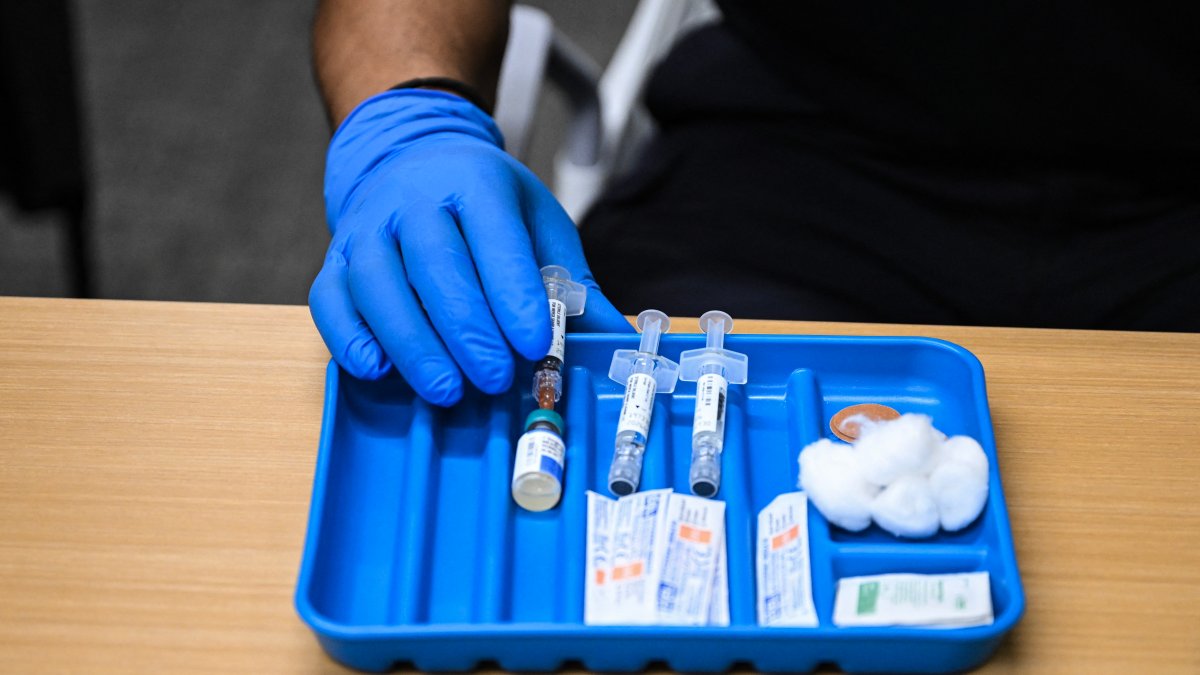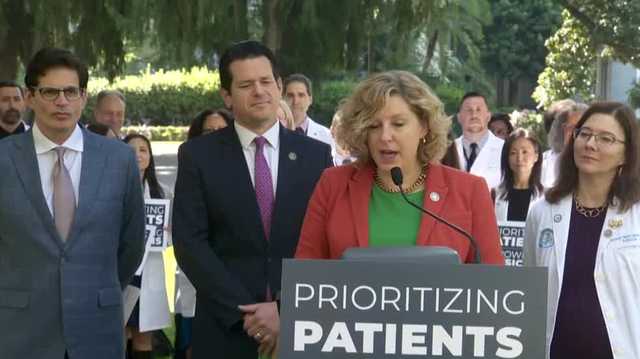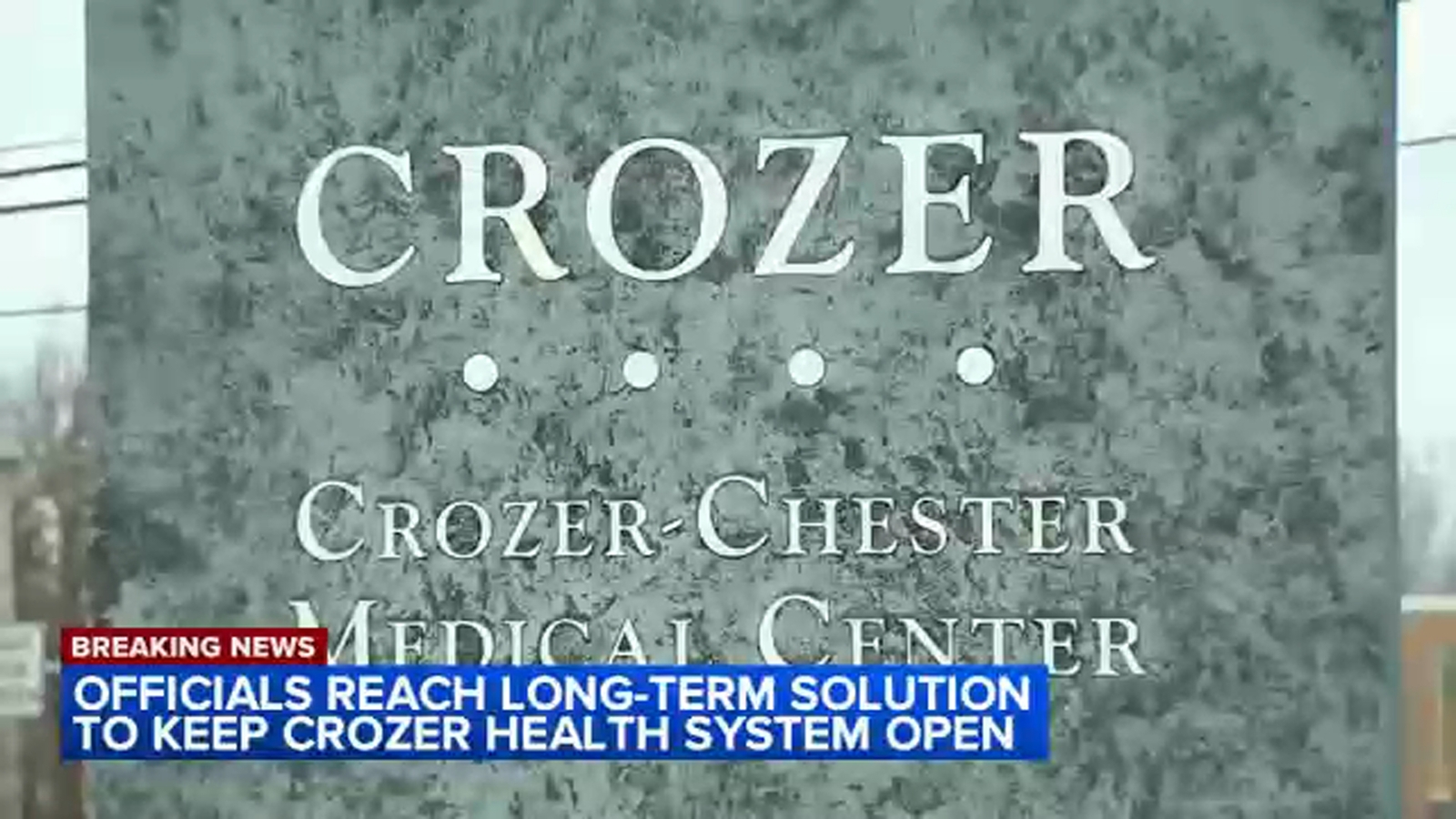Uniting Voices, Saving Lives: Black Mothers Rise Up Against Healthcare Disparities
Health
2025-04-17 18:27:25Content

Philadelphia is taking a powerful stand for maternal health this week, shining a spotlight on the critical issues facing Black mothers in our community. Black Maternal Health Week, an annual observance from April 11-17, serves as a crucial platform to address the alarming disparities in maternal care and outcomes for Black women.
The city has mobilized numerous healthcare providers, community organizations, and advocates to raise awareness about the systemic challenges Black mothers face. These challenges include significantly higher rates of pregnancy-related complications, reduced access to quality healthcare, and persistent racial biases within medical systems.
Local health experts are hosting a series of free workshops, virtual seminars, and community events designed to educate, support, and empower Black mothers. These initiatives aim to provide critical resources, promote health education, and create supportive networks that can help improve maternal health outcomes.
Key focus areas include comprehensive prenatal care, mental health support, understanding reproductive rights, and addressing the underlying social determinants that impact maternal health. By bringing these conversations to the forefront, Philadelphia hopes to create meaningful change and reduce the stark health disparities that continue to affect Black mothers.
Community leaders emphasize that Black Maternal Health Week is more than just an awareness campaign—it's a call to action for systemic transformation in healthcare, ensuring every mother receives the dignified, high-quality care she deserves.
Breaking Barriers: Empowering Black Maternal Health in Urban Communities
In the heart of Philadelphia, a critical conversation is unfolding about the profound challenges and systemic inequities facing Black maternal health. This narrative goes beyond mere statistics, delving into the lived experiences of Black women navigating pregnancy, childbirth, and postpartum care in a complex healthcare landscape that has historically marginalized their experiences and needs.Transforming Maternal Care: A Lifeline for Black Mothers
The Stark Reality of Maternal Health Disparities
The landscape of maternal healthcare reveals a deeply troubling pattern of racial inequity that demands immediate and comprehensive intervention. Black women consistently face significantly higher rates of pregnancy-related complications, maternal mortality, and systemic healthcare barriers compared to other demographic groups. These disparities are not merely statistical anomalies but reflect deeply entrenched structural racism within medical institutions. Research consistently demonstrates that Black mothers experience disproportionately higher risks during pregnancy and childbirth. Factors such as implicit bias, limited access to quality healthcare, socioeconomic challenges, and chronic stress contribute to these alarming health outcomes. Medical professionals and policymakers are increasingly recognizing the urgent need to address these systemic inequalities through targeted, culturally competent interventions.Holistic Approaches to Maternal Healthcare Transformation
Innovative strategies are emerging to combat the persistent challenges in Black maternal health. Community-based programs are developing comprehensive support networks that extend beyond traditional medical care, focusing on holistic wellness, mental health support, and culturally sensitive healthcare delivery. These approaches integrate multiple dimensions of care, including comprehensive prenatal education, mental health resources, nutritional support, and advocacy training. By empowering Black women with knowledge, resources, and community support, these initiatives aim to create a more equitable healthcare ecosystem that recognizes and responds to their unique needs and experiences.Policy and Advocacy: Driving Systemic Change
Legislative efforts and grassroots advocacy are becoming increasingly crucial in addressing maternal health disparities. Policymakers are being challenged to implement comprehensive reforms that address the root causes of healthcare inequity, including increased funding for community health programs, mandatory cultural competency training for healthcare providers, and enhanced data collection to track and improve maternal health outcomes. Advocacy groups are playing a pivotal role in amplifying Black women's voices, pushing for policy changes, and creating platforms that challenge existing healthcare narratives. These efforts are not just about statistical improvements but about fundamentally transforming the healthcare experience for Black mothers.Technology and Innovation in Maternal Healthcare
Emerging technological solutions are offering promising avenues for improving Black maternal health. Telemedicine platforms, AI-driven health monitoring systems, and digital support networks are providing more accessible and personalized healthcare options. These innovations aim to bridge geographical and socioeconomic gaps, offering comprehensive care that transcends traditional healthcare delivery models. Mobile health applications, remote monitoring technologies, and virtual support groups are creating new pathways for Black women to access critical health information, connect with healthcare providers, and build supportive communities. These technological interventions represent a significant step towards more inclusive and responsive healthcare ecosystems.Community Empowerment and Cultural Resilience
The journey towards improved maternal health is fundamentally about community empowerment and cultural resilience. By centering Black women's experiences, knowledge, and agency, these initiatives are not just addressing healthcare challenges but are actively reconstructing narratives of health, wellness, and systemic support. Community-led programs are developing comprehensive support networks that provide education, emotional support, and practical resources. These initiatives recognize that maternal health is intrinsically connected to broader social, economic, and cultural contexts, requiring multifaceted approaches that honor the complexity of Black women's experiences.RELATED NEWS
Health

Health Care Costs Surge: States Eye Higher Employee Premiums to Balance Budgets
2025-02-25 10:30:00
Health

Health Agencies on Edge: DOGE and RFK Jr.'s Radical Restructuring Threatens Major Staff Cuts
2025-03-21 21:33:48
Health

Health Alert: Natrona County's Latest Food Safety Sweep Reveals Critical Insights
2025-05-04 21:22:18





